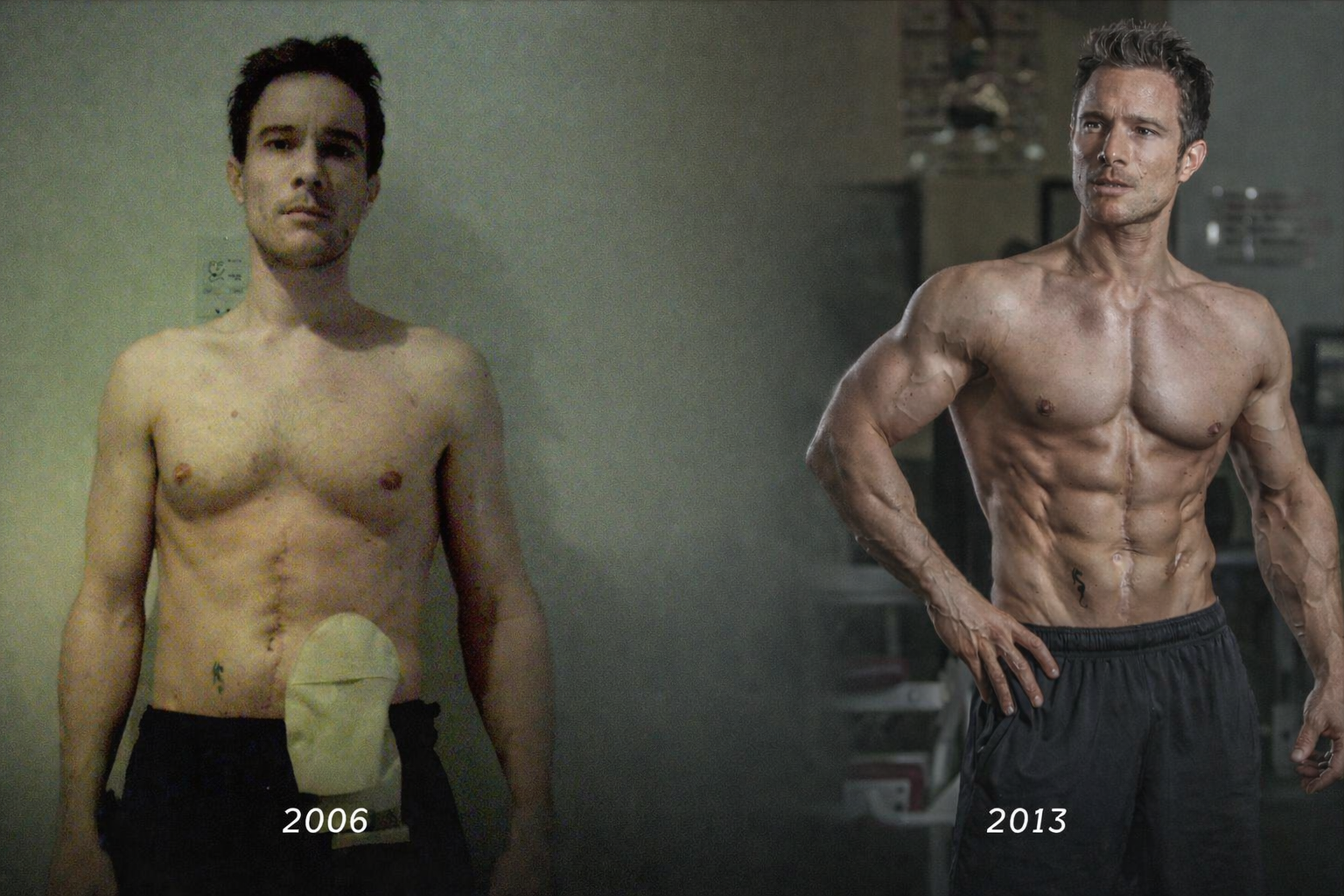You can eat all the right foods and still feel like you’re failing. That’s because lasting change doesn’t start with your plate and exercise, it starts with your patterns. If cravings keep calling your name, this might not be about food at all. Ready to find out what they’re really saying?
Let’s go deeper…
When we feel the urge to snack, especially on sugary foods, it’s easy to judge ourselves:
“Why can’t I control this?”
“What’s wrong with me?”
But cravings are not a sign of failure. They’re a sign of unmet need.
The Inner Critic vs. The Inner Nurturer
The inner critic believes shame will motivate us.
The inner nurturer knows that shame triggers the very stress that fuels the habit.
When you feel the pull toward food—especially in moments of stress, boredom, or sadness—pause and ask:
👉 What’s really calling for attention here?
Often, the craving isn’t about the food at all.
It’s about soothing. Escape. Comfort.
And the more we try to control it without listening, the louder it gets.
The Role of the Nervous System
When we treat ourselves harshly, our nervous system stays on high alert.
This keeps us locked in fight-or-flight responses—making willpower harder and emotional eating more likely.
But when we meet ourselves with compassion, something shifts.
Breathing slows. The body relaxes. The urge softens.
Andrea’s Story
One woman I worked with used to turn to chocolate in the evenings after work.
Why? Because after a long day, it was the only thing that brought her joy, even after her sense of taste dulled post-COVID.
Instead of pushing her to resist it, we explored what the chocolate symbolised.
Together, we created new rituals, reframed her relationship with food, and strengthened her sense of agency—gently.
Andrea said:
“I’ve lost a bit of weight, but more importantly, I have the tools now to stay on track. I never felt judged, just supported.”
Let Go Through Loving Acceptance:
When we stop resisting who we are and the life we are living, we can bring compassion and self-acceptance in, this enables us to let go of the guilt and shame surrounding our habits and choices.
When we mentally and emotionally let go of self-judgement, then our bodies will begin to let go of what is no longer serving us, and we can start to release the physical weight we are holding onto that we may have been using to protect us.
Making good food choices and moving our bodies regularly are of course part of the solution to weight management but until we have let go mentally and emotionally, then it will always feel like we are fighting an uphill battle.
When it comes to weight loss, the goal isn’t just less on the scale, it’s more:
- More self-respect
- More self-acceptance
- Less self-judgement
- Creating a calm nervous system and inner safety
- Which will lead to more energy to live the life you want
Compassion is not the soft approach. It’s the first step in long term and sustainable weight loss and management.
What Prevents Weight Loss?
Many people who struggle with weight loss find themselves caught in cycles of emotional eating, cravings, or self-sabotage that feel beyond their control.
Hypnotherapy works by uncovering the subconscious drivers behind these behaviours, such as using food for comfort, reward, or distraction and helps to reprogram them for lasting change.
How Hypnotherapy Helps With Weight Loss
Through guided relaxation and focused inner work, hypnotherapy supports:
- Break emotional eating habits – Rewire cravings and comfort eating at the root
- Boost motivation – Stay focused and committed to your goals
- Feel better in your body – Build confidence and self-worth from within
- Lower stress levels – Relax your mind and reduce cortisol
- Create lasting change – Make healthy habits stick for good
If you’re ready to start letting go of old patterns and behaviours that no longer serve you and are ready to move into a life of fulfilment then…






